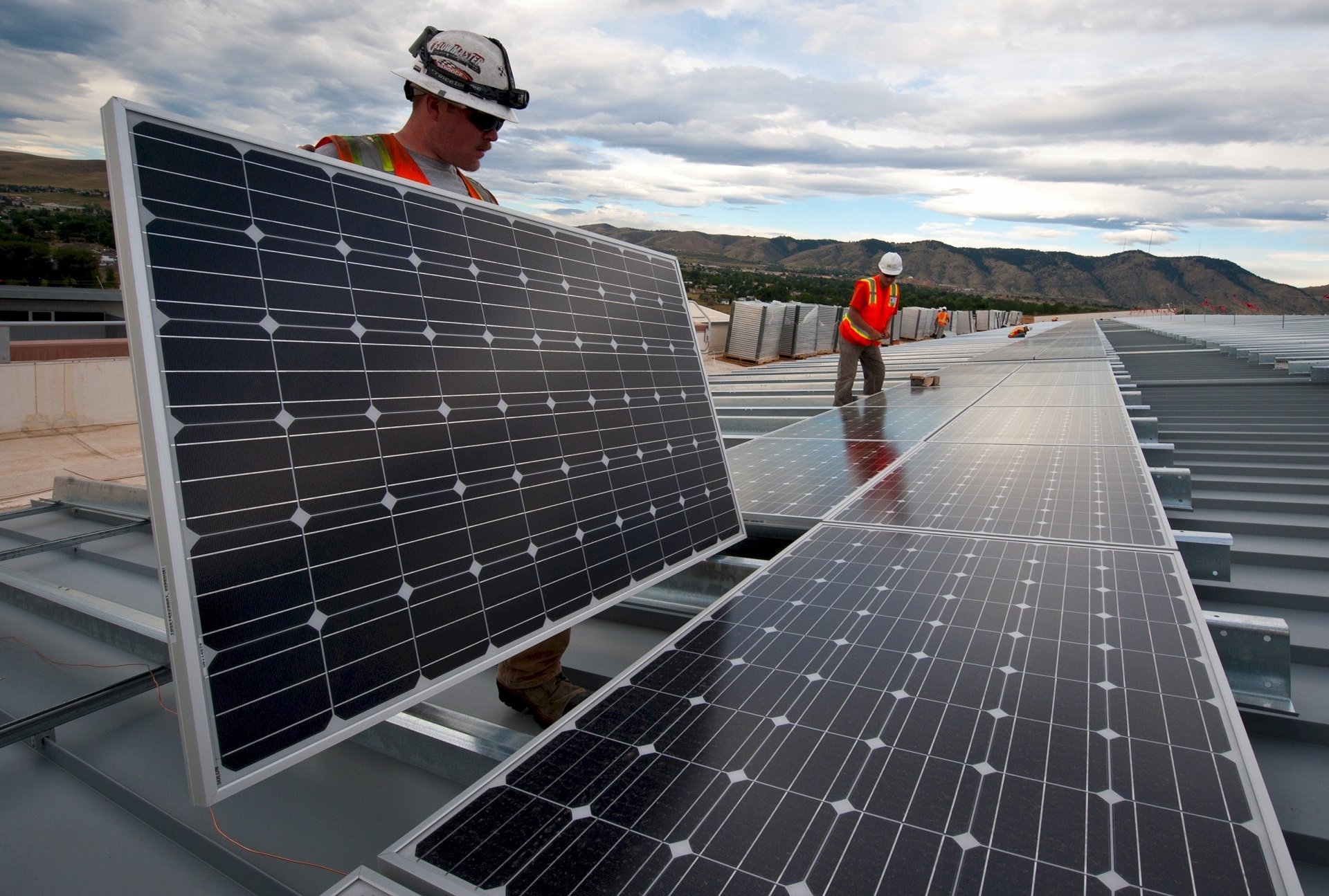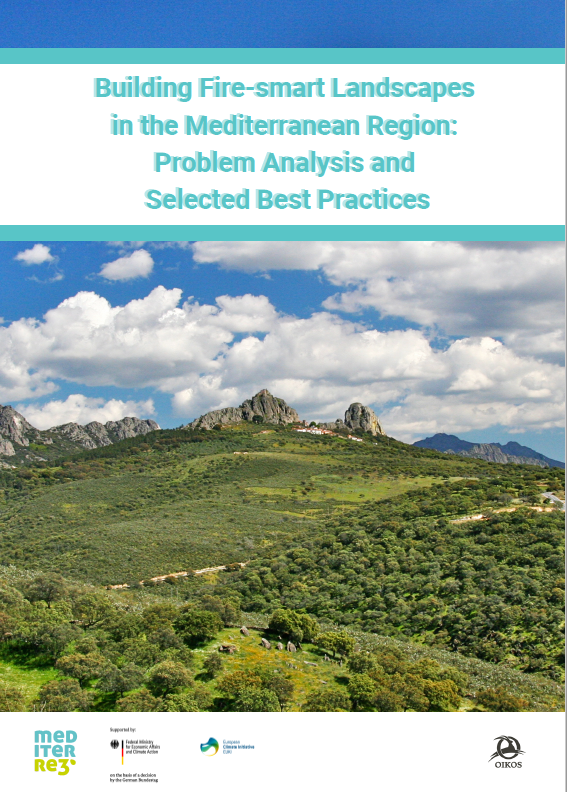MediterRE3
Reducing fire-related greenhouse gas emissions in Greece, Montenegro and France by promoting fire-smart landscape management.
Carbon Removals and Sinks Forests

Project info
France, Greece, Montenegro
09/21 - 12/23
National governments, Regional governments, Associations, Local governments, Public sector
714,295.14 €
Contact info
Lara Beffasti
- CIHEAM - Mediterranean Agronomic Institute of Chania (CIHEAM-MAICh)
- Green Home
- Luberon natural regional Park – Biosphere reserve Luberon-Lure
- National Observatory of Athens (NOA)
Background
In Europe, fires burn over 500,000 hectares of forest annually, and scientists estimate that during the 21st century the number and extent of wildfires will increase due to climate change. This is significant when acknowledging that natural forest disturbances such as wildfires account for approximately 30 per cent more greenhouse gases (GHG) than fossil fuels. One of the root causes of wildfires is inadequate land management practice, including accumulation of dry biomass, burning of farmland waste and landscape simplification for industrial agriculture.
Project
The principles of fire-smart landscape management and Forest Landscape Restoration (FLR) are integrated landscape management approaches, which, over the past two decades, have proven successful means of reducing the number of wildfires. The project team addresses local and national decision-makers, policymakers and practitioners who are involved in landscape management and fire prevention in three natural and national parks in France, Greece and Montenegro. Several means aim to help them to apply and mainstream the principles of Forest Landscape Restoration (FLR) into policies, regulations and land use plans: First, the project team provides the target group with guidelines for fire-smart landscape planning and management according to FLR principles and shares best-practice examples in the Mediterranean region. Second, the project team partners with the National Observatory of Athens to develop a climate model for estimating the reduction in fire-related GHG emissions under different future climate change scenarios in fire-smart, mosaic-like resilient landscapes. The results of this aim to inform policy-makers and to support national climate change mitigation and climate-resilient landscape planning policies and strategies. Finally, the project team supports the development of three Landscape Action Plans for the fire-smart restoration of the three target landscapes in France, Greece and Montenegro. The Network of Mediterranean Forest Landscapes of High Ecological Value (Medforval) ensures to disseminate the knowledge generated through the project, advancing the fire resilience of landscapes across the Mediterranean and eventually reducing greenhouse gas emissions significantly.
Last update: July 2024

